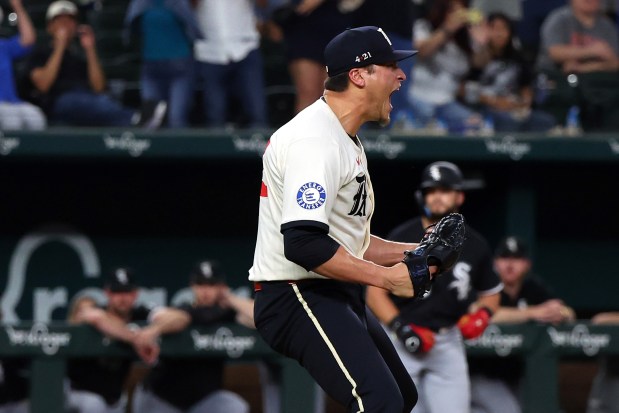A roadmap to follow for the rowing competitions during the 2024 Summer Olympic Games in Paris.
Athletes to watch
Meghan Musnicki, United States: The 41-year-old two-time gold medalist is set to become the oldest American woman to row at the Olympics. Lisa Schlenker was 39 when she competed in Athens in 2004. Musnicki is the last active link to the U.S. women’s eight dynasty that won every Olympic and world title from 2006 to 2016.
Paul O’Donovan and Fintan McCarthy, Ireland: The defending world and Olympic champions in lightweight double sculls. O’Donovan and his brother, Gary O’Donovan, gave the Irish their first Olympic medal in rowing at the Rio de Janeiro Games in 2016, and then gave a memorable “ podium pants ” interview to RTE Sport.
Marloes Oldenburg, Netherlands: The 36-year-old Oldenburg will be competing in Paris two years after breaking her neck in a life-threatening bike crash.
Brooke Francis and Lucy Spoors, New Zealand: They qualified for Paris in the women’s double sculls not long after each gave birth and returned to competition.
Storylines to follow
The United States can become the nation with the most rowing gold medals at the Olympics. It will arrive in France tied with former East Germany with 33 gold medals. Great Britain is next, with 31 gold medals.
The Paris Games will mark the last time the lightweight double sculls will feature in the Olympic program. It will be replaced by beach sprint rowing in Los Angeles in 2028.
The rowing events will take place at the Vaires-sur-Marne Nautical Stadium, outside the city and not far from Disneyland Paris. The venue was specifically built for the Olympics and opened in 2019 — one of the first new Olympic facilities to be delivered for the Games. It is home to the French federations for rowing and canoeing.
Rowing is among the sports leading the way in gender equality. The program includes an equal number of events for men and women. Women’s events were only officially included in the Olympic program in Montreal in 1976.
Key dates
The rowing events will take place in the first week of the Games, from July 27 to Aug. 3. The first medals will be awarded on July 31 in the men’s and women’s quadruple sculls.
Reigning champions
Women’s events
- Single sculls: Emma Twigg, New Zealand
- Double sculls: Nicoleta-Ancuța Bodnar and Simona Radiș, Romania
- Quadruple sculls: Chen Yunxia, Zhang Ling, Lu Yang and Cui Xiaotong, China
- Coxless pair: Grace Prendergast and Kerri Williams (known as Kerri Gowler in 2021), New Zealand
- Coxless four: Lucy Stephan, Rosemary Popa, Jessica Morrison and Annabelle McIntyre, Australia
- Eight: Susanne Grainger, Kasia Gruchalla-Wesierski, Madison Mailey, Sydney Payne, Andrea Proske, Lisa Roman, Christine Roper, Avalon Wasteneys and Kristen Kit, Canada
- Lightweight double sculls: Valentina Rodini and Federica Cesarini, Italy
Men’s events
- Single sculls: Stefanos Ntouskos, Greece
- Double sculls: Hugo Boucheron and Matthieu Androdias, France
- Quadruple sculls: Dirk Uittenbogaard, Abe Wiersma, Tone Wieten and Koen Metsemakers, Netherlands
- Coxless pair: Martin Sinkovic and Valent Sinkovic, Croatia
- Coxless four: Alexander Purnell, Spencer Turrin, Jack Hargreaves and Alexander Hill, Australia
- Eight: Tom Mackintosh, Hamish Bond, Tom Murray, Michael Brake, Dan Williamson, Phillip Wilson, Shaun Kirkham, Matt Macdonald and Sam Bosworth, New Zealand
- Lightweight double sculls: Fintan McCarthy and Paul O’Donovan, Ireland




